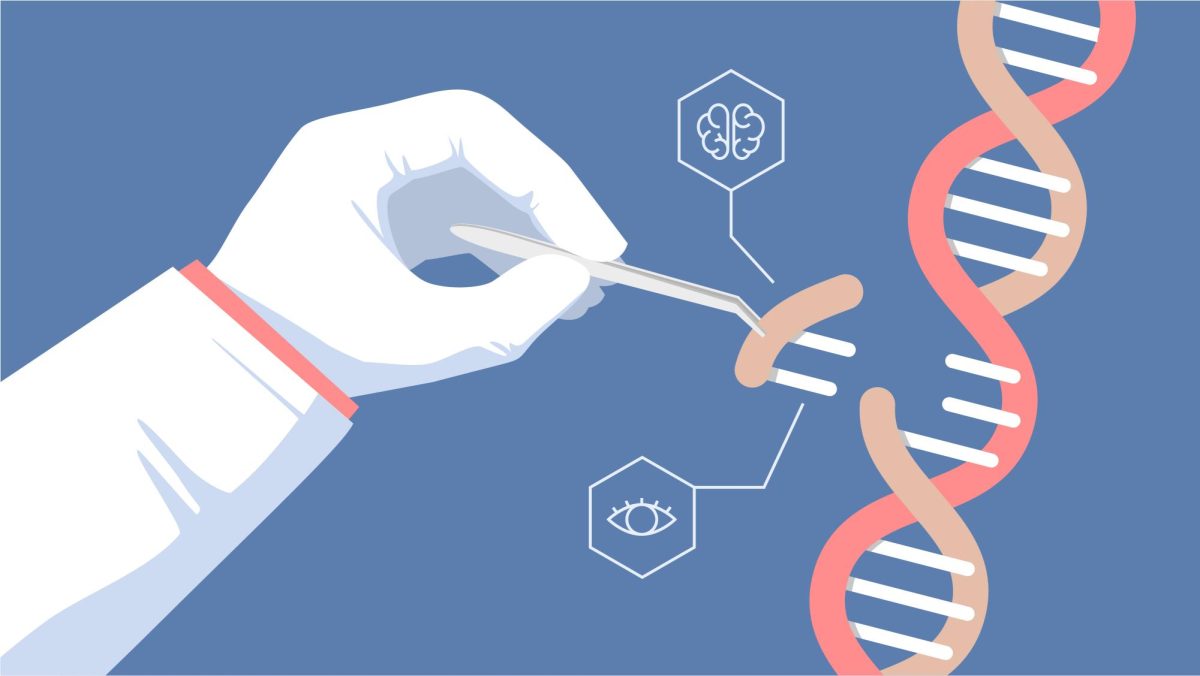Gene editing may be the key to curing deadly diseases– but might also be the key to creating a new form of inequality the world has never seen before. In recent years, breakthroughs in gene editing technology, especially CRISPR-Cas9, have exposed us to possibilities that were once confined to science fiction. From possibly curing hereditary diseases to enhancing human traits, gene editing promises to shape the future of medicine, agriculture, and even human evolution. But as this gains promulgation, are we advancing humanity or unethically redesigning it?
At its core, gene editing offers a way to intervene with the most fundamental level of life: our DNA. As it may seem undoubtedly beneficial to correct disease-causing mutations such as cystic fibrosis or sickle cell disease, many argue that if we are able to alleviate human suffering, it is a moral imperative to do so.
However, should parents be able to select for desired traits such as intelligence, height, or eye color? Doing so would commodify human life and worsen society’s existing inequalities. The potential for “designer babies” raises concerns of new eugenics, where only the wealthy can afford to genetically enhance their children, deepening the divide in society.
Gene editing also carries scientific uncertainties. Editing a single gene could cause a detrimental ripple effect on the genome, introducing new irreversible damage for future generations, and scientists are unsure of all the ways this could happen. One such complication is mosaicism, where the gene edit may not be present in all cells, leading to a mixture of edited and unedited cells which could potentially cause unforeseen consequences. The loss of genetic diversity as a result of over-standardization could also make populations more vulnerable to diseases or environmental changes.
Currently, the regulation of gene editing widely varies globally, creating a chaotic and lawless scenario. Without international consensus, there is a high danger of unethical experiments or commercial exploitation in countries with lax oversight. Furthermore, equitable access remains a major concern; how do we ensure these new advancements don’t expand global health disparities?
Navigating through gene editing requires more than just scientific expertise, but inclusive, global conversations from ethicists, policymakers, scientists, and most importantly, the public. We can’t only consider what we can do, but what we should do: respecting human dignity, diversity, and justice.
As we explore this power to rewrite the code of life, these choices will have a profound impact for generations. The ethics of gene editing challenge the balance between innovation and responsibility, an imperative the world cannot afford to ignore.

